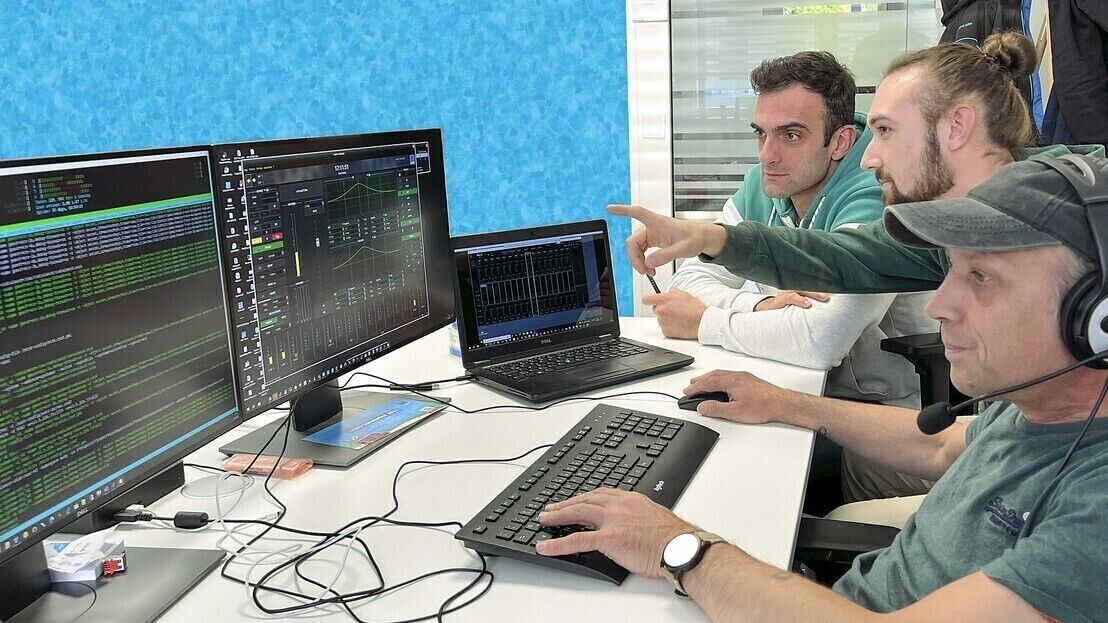The Rise Up Academy is among several notable organisations aiming to increase and diversify the intake of new engineering talent into broadcast. But how are individual companies reacting to the skills shortfall, asks David Davies.
The growing skills crisis in various areas of broadcast & media production has been a recurring theme of IBC365 articles in recent years – both in terms of a general shortfall in engineering & technical talent, and the difficulties surrounding recruitment into specific sectors (virtual production being an obvious example). But like so many aspects of the industry, it’s one that has arguably come into even sharper focus because of the pandemic.
Many companies had to part with permanent staff and/or reduce their use of freelancers during the crisis period, and the uncertainty of the entire period undoubtedly led to something of a freelancer exodus. In an industry that has always been hugely reliant on freelancers, this constitutes a major existential challenge – and inevitably compounds the existing challenges brought about by PAYE personnel leaving the industry, which in many cases will be the result of...
You are not signed in
Only registered users can read the rest of this article.
Kickstart Day 2026: Latest PoCs and partnerships promise most exciting year yet
More than 200 industry leaders gathered at BBC Broadcasting House for the 2026 IBC Accelerators Kickstart Day, taking place on 25 February.
MIP London: “A lot of creators feel held hostage by algorithms”
Digital creators, television producers, platforms, distributors, buyers, and brands across all genres gathered at the IET and Savoy Hotel this week to attend the second-ever iteration of MIP in London.

Sundance: Representation matters, today more than ever
As minority communities face attack in the US, two new films screened at Sundance Film Festival offer powerful takes on Latino American and Chicano culture.

IBC Content Everywhere: Keeping the customer
Consumers have a lot of choices these days when it comes to streaming video content. Indeed, the sheer number of available services can seem overwhelming, leaving customers with often difficult decisions to make about which services to choose, especially when they already have several other demands on their wallets. In this piece, Content Everywhere companies explore what streaming providers can and should be doing to retain existing customers and attract new ones where possible.

Virtual thinking: Is education keeping pace with industry requirements?
Investments in university-led facilities and studio partnerships throughout the UK have seen virtual production, real-time engines and hybrid pipelines move from the margins into mainstream curricula. But is higher education matching the skills demand from the industry? Michael Burns reports.




